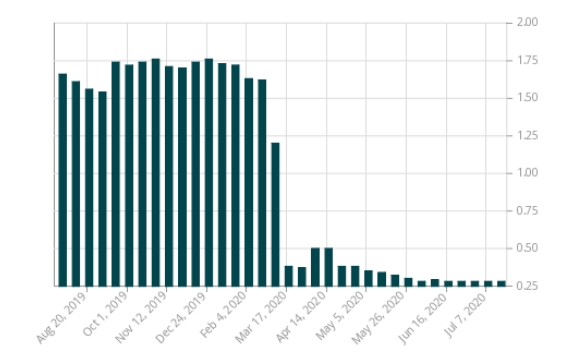x CLOSE
| Rate Hold | |
| Lump Prepayments | |
| Payment Increase | |
| Double-up Payments | |
| Permitted Loan-to-Value | |
| Pre-approvals | |
| Provider Type | |
| Provinces Served |
| Last Updated | |
| Previous Update | |
| Prior Rate | |
| Latest Rate Change | |
| Rate ID # |
Provider Notes
Rate Notes
By clicking "Ask Question”, I give permission to RateSpy to transfer my information and contact details to third party brokers in order to complete the purchase of mortgage rates. RateSpy values your privacy. For details, see our privacy policy. Mortgage rates listed are subject to change at any time and apply to those with approved credit. Please contact the mortgage provider directly for more information.
x CLOSE
Enter your phone # to speak directly to the lender!
x CLOSE
Ask the lender a question about this rate
 log in
log in
